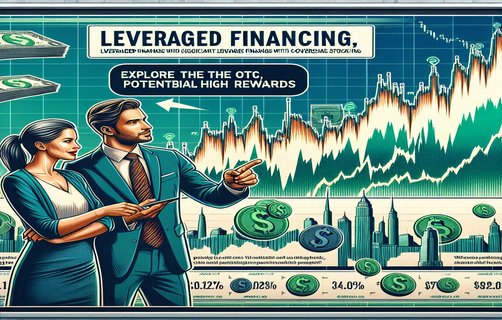
Can Pragmatic Betting Transform Random Rewards into a Winning Poker Strategy?
Imagine a poker table as a grand experiment where unpredictability meets calculated decision-making—a stage where random rewards and reward streaks shape the narrative of risk and reward. This article embarks on an exploratory dialogue, not just to showcase outcomes but to trigger a deeper inquiry into the behavioral dynamics of poker. It is an invitation to question: can embracing randomness and understanding sample means lead to more pragmatic betting?

The Experimental Playground: Random Rewards, Sample Mean, and Loss Chasing
Poker is more than a game of chance; it is a complex interplay of probability and psychology. Studies, such as those referenced by the American Gaming Association (2019), indicate that variability in outcomes—what we call random rewards—can heavily bias a player's sample mean, leading to both unexpected triumphs and precipitous losses. This phenomenon is closely linked to loss chasing, where ravaged players escalate bets in a futile attempt to recover previous losses, a behavior well documented in gambling research by Griffiths (2020).

The Balancing Act: Reward Streaks, Reward Threshold, and Pragmatic Betting
On the flip side, players who learn to recognize reward thresholds and the patterns of reward streaks tend to engage in more pragmatic betting. This approach has been supported by empirical research from the Journal of Gambling Studies (2021), which found that disciplined strategies lower long-term risk. Tactical betting, when informed by the cumulative analysis of statistical sampling and real-world data, turns the volatile nature of random rewards into opportunities for stability and profit.
Frequently Asked Questions (FAQ)
Q1: What defines 'random rewards' in the context of poker?
A1: Random rewards refer to the unpredictable wins that occur due to chance, often skewing a player's perception of their average performance or sample mean.
Q2: How does loss chasing affect decision-making in poker?
A2: Loss chasing typically results in irrational betting increases as players attempt to recover losses, often leading to further financial pitfalls.
Q3: What is the role of reward thresholds in pragmatic betting strategies?
A3: Reward thresholds help players determine when a winning streak is significant enough to justify continued strategic bets, balancing risk and reward effectively.
Curious to explore further? What threshold do you consider before doubling your bet? Are you tempted by the allure of reward streaks, or do you stick to calculated sample means? Share your insights and join the conversation!


Comments
PokerAce
The article brilliantly integrates statistical analyses with real poker strategies. I found the discussion on reward thresholds particularly enlightening!
小明
Loss chasing is one of the most overlooked pitfalls in poker. This deep dive provides a fresh perspective on how to avoid it.
RiskTaker99
Loved the blend of empirical data and strategic advice. It completely changes how I view random rewards in high-stakes tournaments.
智者
The FAQ section cleared up some doubts I had about pragmatic betting. Now I’m more confident in balancing risk and reward.